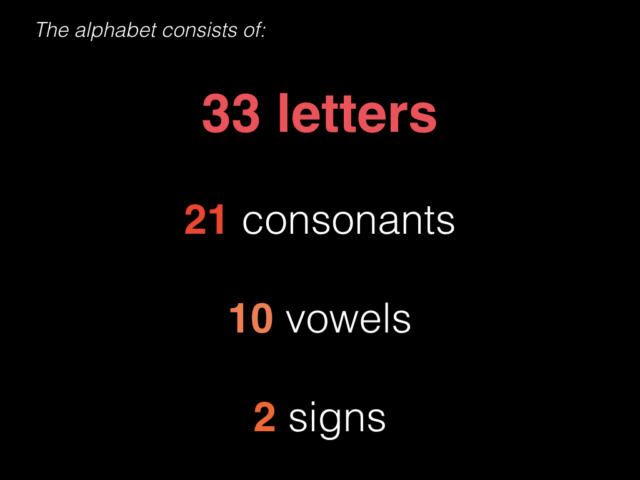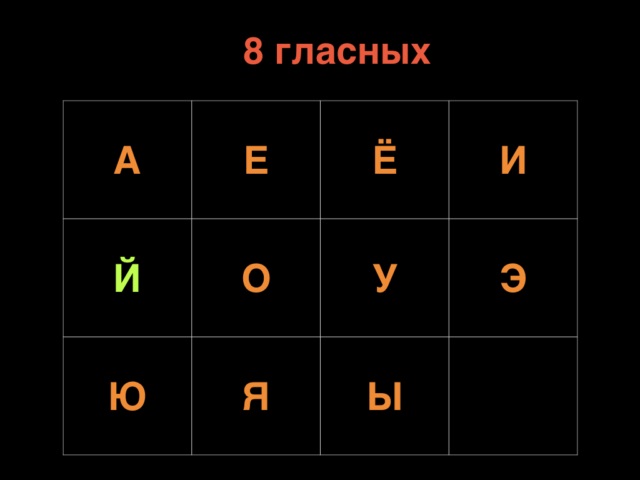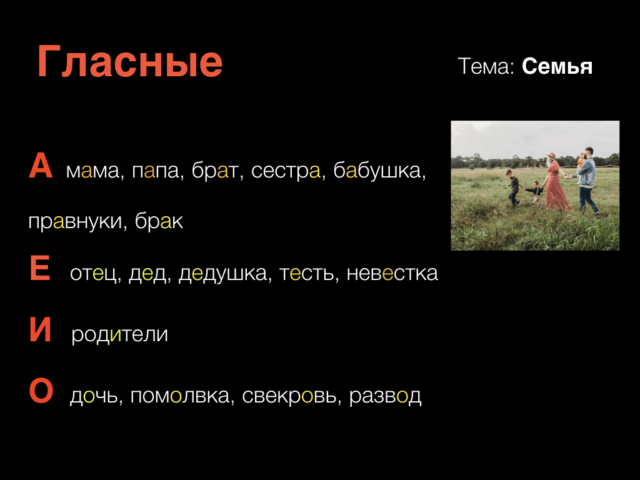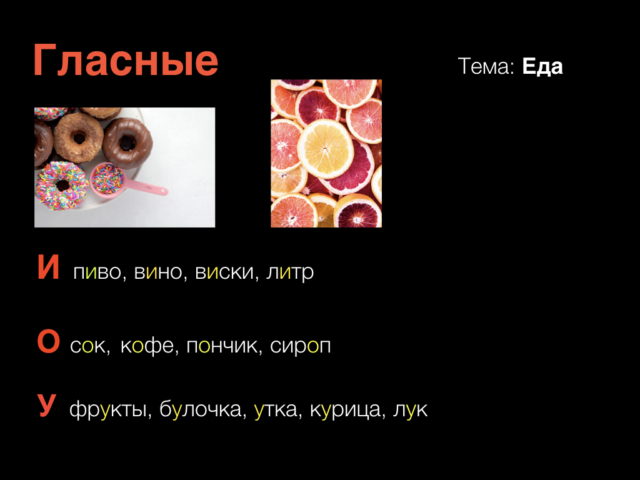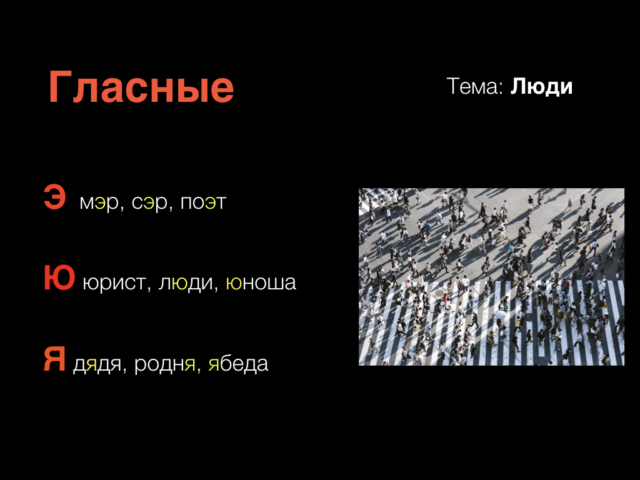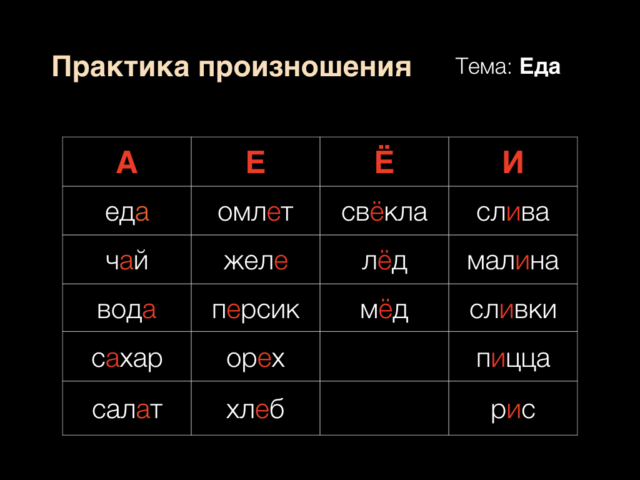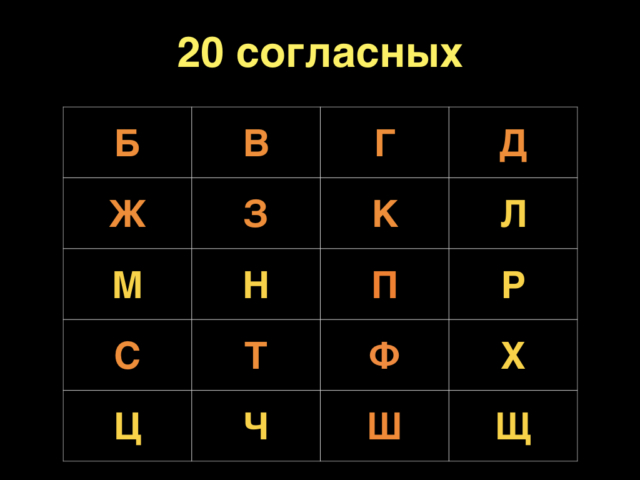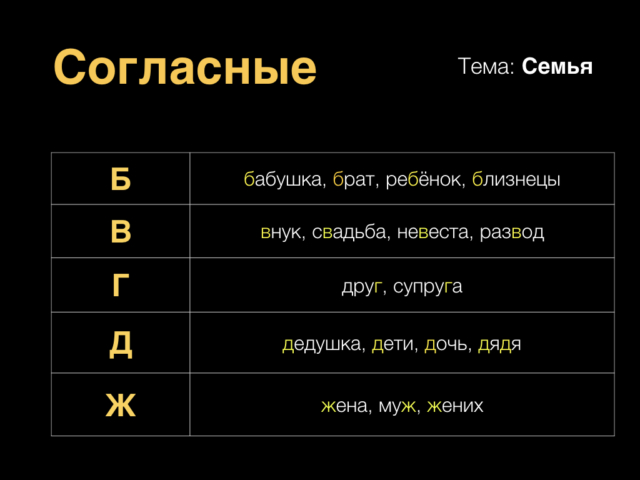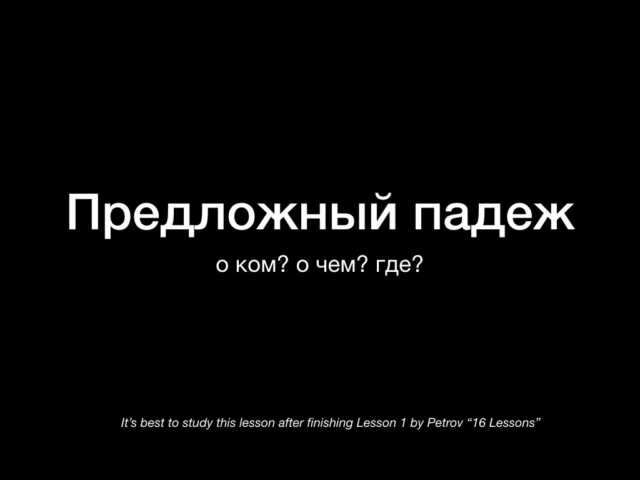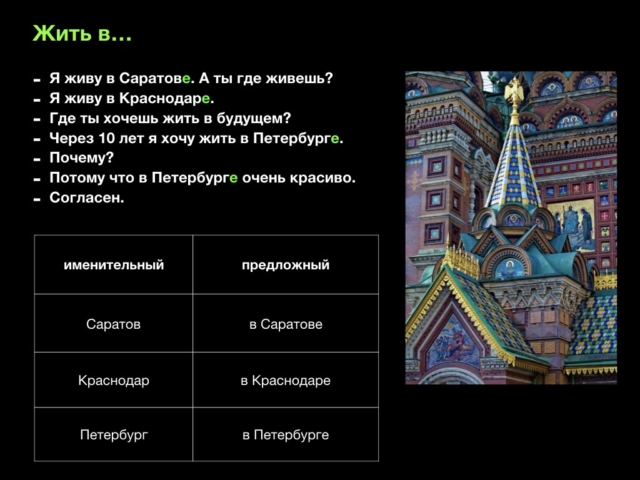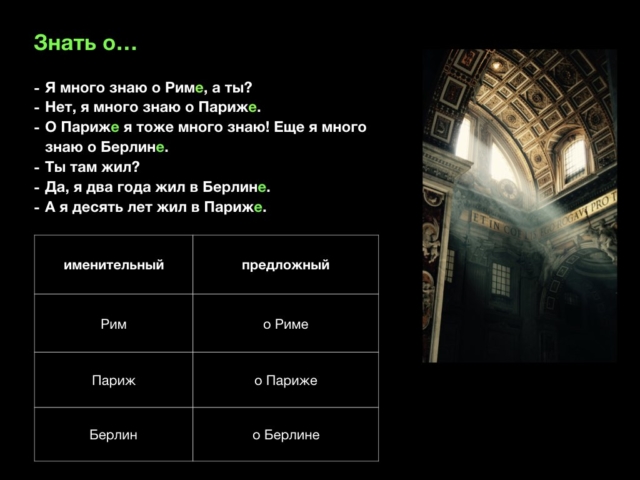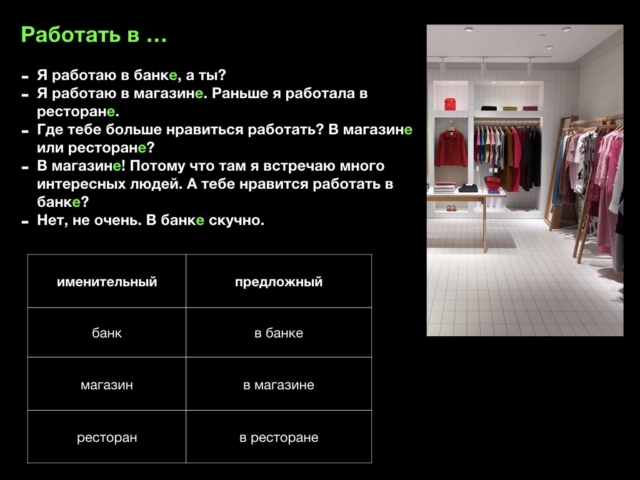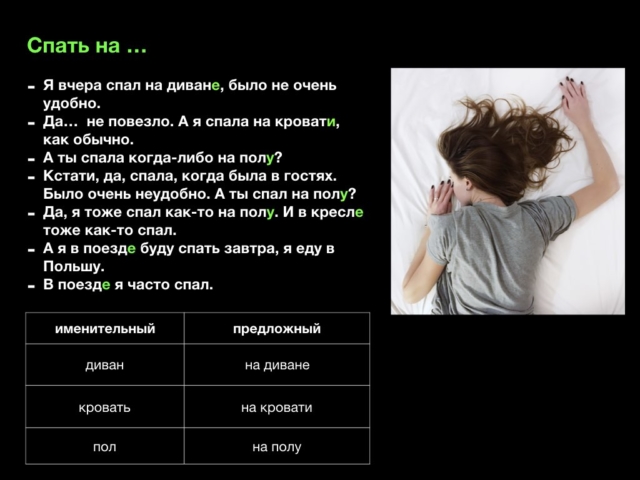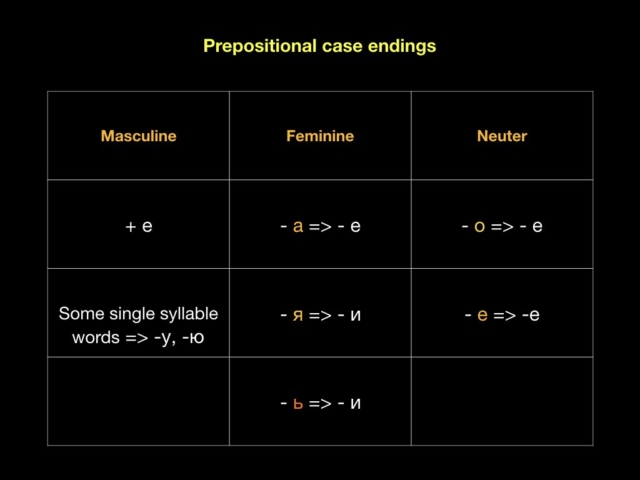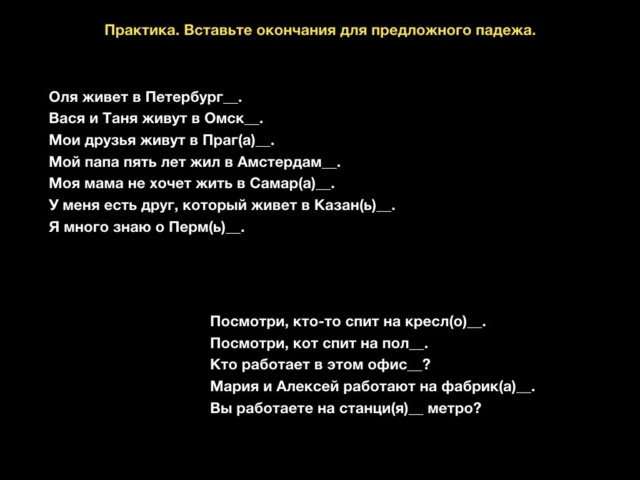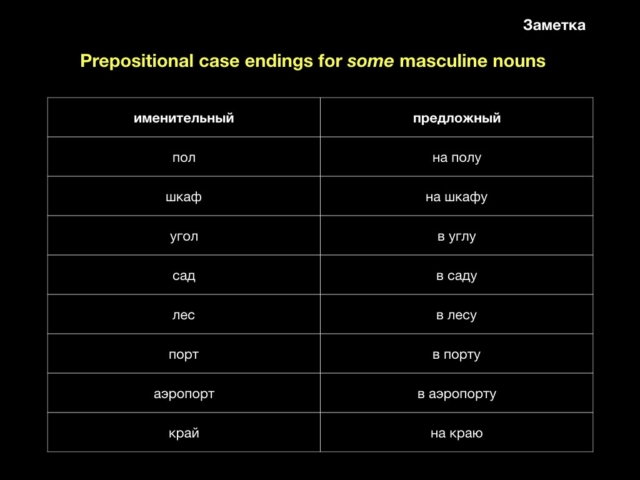Let’s practise communicative skills and get to grips with grammar
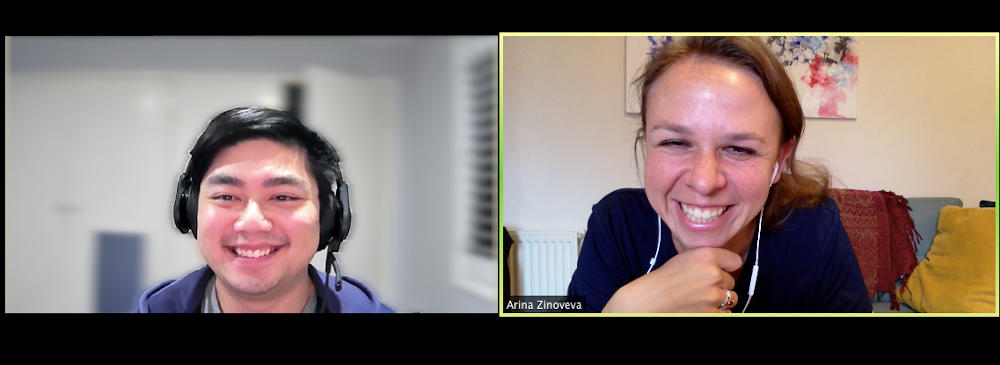
I feel very lucky as a teacher to have a student like Tony. He is dedicated and forward thinking. Not only is he disciplined to learn Russian on a weekly basis, he is also looking for opportunities to expand his understanding of the Russian language and culture by practising with native Russian speakers outside of the classroom. He is also planning to spend some time in Russia in the future to have a fully immersive cultural and linguistic experience. What is so good about Tony’s strategy to learn are his daily efforts to surround himself with the Russian language.
What can I offer to a student who is already so self-disciplined and dedicated? – Exposure to new grammatical concepts and learning resources that are clear and informative; inspiration to practise complex linguistic concepts and providing plenty opportunities to practice pronunciation; and finally creating moments to test the acquired knowledge through exercises and mini quizzes.
This is a brief outline of our lessons and some of their highlights.
Communicative practice adapted from Lebedinsky S.I., Gonchar G.G. “Russian as a foreign language: a textbook for the international first years students”. Reading dialogues together is one of the best way to start practising speaking.
Grammar practice adapted from Petrov D. “16 Russian lessons”. We covered essential verbs, such as жить, любить, знать, работать, путешествовать, спать, пить, есть and their conjugation.
Pronunciation practice: diphthongs, stressed and unstressed vowels, voiced and voiceless consonants. Lots of examples, repeat, repeat, repeat.
Communicative practice. Reading dialogues adapted from Nadezhdina O. “127 Live Dialogues”.
Grammar practice: Contextualising the accusative and prepositional cases through dialogues.
A continuous cycle goes on: we make one step forward, then we go back and revise; we make another step, learn something new, then crystallise this knowledge by practising and looking at lots of real-life examples. We listen, repeat, retrieve from our memory new and old words. For me, as a teacher, it’s important to present information in an easy visually clean way to remove any obstructions from perceiving and absorbing information.
We can achieve so much if we take one step forward every day.
